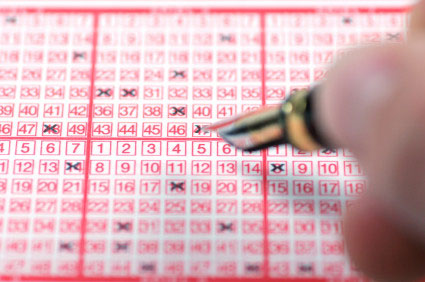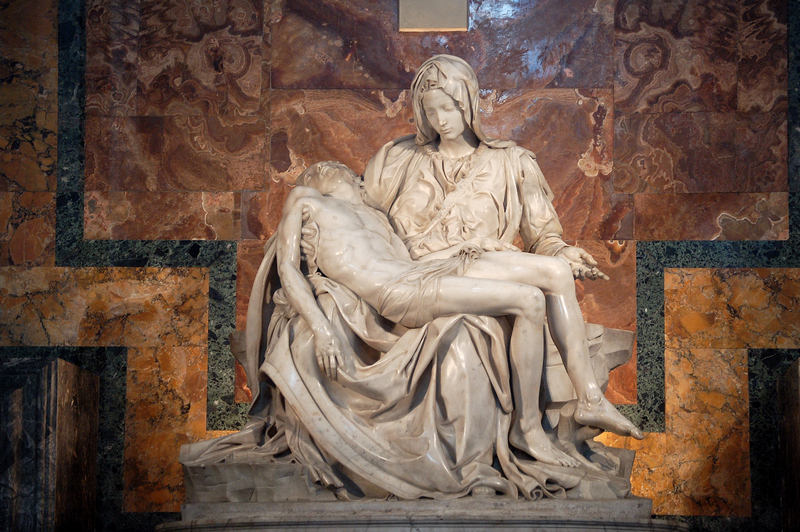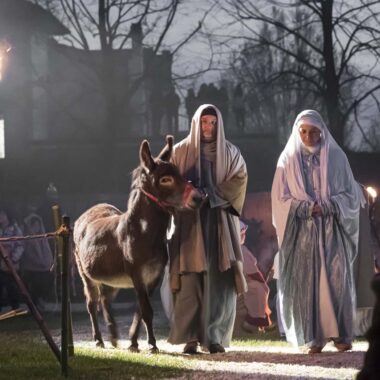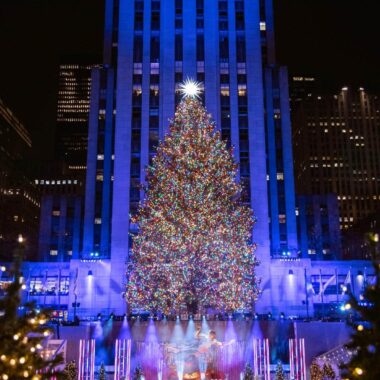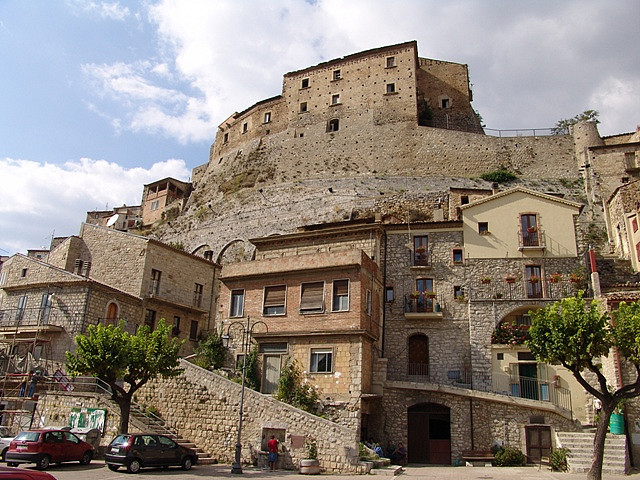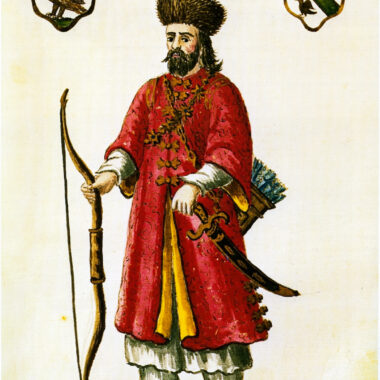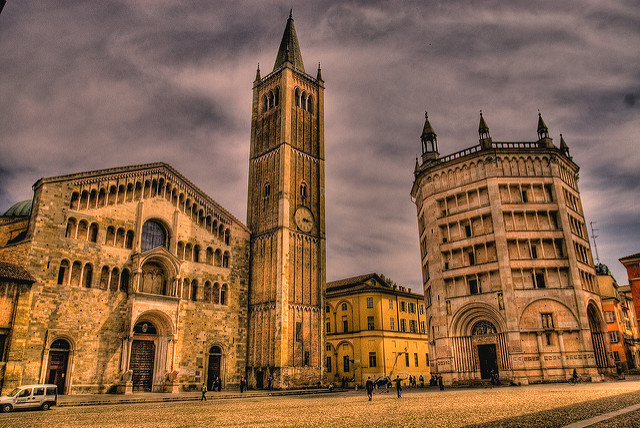Lotteries inside and outside of Italy
What is a lottery? A lottery is a popular form of gambling which
involves the drawing of lots for a prize. Some governments forbid it,
while others endorse it to the extent of organizing a national lottery.
The first signs of a lottery are followed back to the Han Dynasty between
205 – 187 B.C.!
How we have proof is because ancient Keno slips were discovered.
The lottery has helped finance major projects such as the Great Wall
of China.
There is also risk to the organizer if insufficient tickets are sold.
The prize may be a fixed percentage of all receipts. Lotteries are most
often run by a government or by the local state and are sometimes described
as Regressive Tax – since those most likely to buy tickets will be the
less affluent members of a society. Playing the lottery is voluntary,
but it is intended to suggest that lotteries are governmental revenue
– raising mechanisms that will attract only those people who fail to
see that the game is a very bad deal. Taking into account the present
value of the lottery prize as a single lump sum cash payment the impact
of any taxes that might apply and the likelihood of having to share
the prize with other winners is not uncommon to find that a ticket for
a typical major lottery is worth less than 1\3 of its purchase price.
TOTIP +piu
This game is played on Sundays. This game is Italy’s horse race game.
There are six games and the horses are divided into three groups; 1,
x, 2. For every race you need to mark the order of arrival. You have
Corsa (Race) 1 – 12 and group °1 and °2. In box “A” you need to choose
that horses number of arrival: 1, x, or 2. AT the bottom of the card
you have the “Corso X” here you choose the horses that you think will
come in first or second place, choosing only two.
SuperEnalotto
This lottery you can compare to the “Big Game” in the United States
or the “Power Ball” lottery.
Well, this is Italy’s PowerBall! You can choose six numbers from
1 – 90. And you may play the “SuperStar” your lucky number. All you
need to do is play the six numbers for SuperEnalotto and the computer
will automatically choose a superstar number for you if you check the
box in the star on the superEnalotto playing card. You may choose your
own numbers or you may pick a pre – made card already having 6 numbers
marked off.
The Mega Millions game played in the United States with six numbers
also. It used to be called the “Big Game” until May, 2002 when it was
changed to Mega Millions. The very first ticket was sold on August 31st
1996. During that time you could only play in: Massachusetts, Michigan,
Maryland, Illinois, Georgia and Virginia. So those that lived outside
had to find the closest state and run across the borders to play. It
is played with two pools of numbers with five different numbers from
1 – 56 and one number from 1 – 46. You win by selecting all six numbers
in one drawing. If you win, you may choose between annual payments over
a 26 year period – which is 38,500 every year for every million won
(that is before taxes of course), or you may be paid in a one time lump
sum.
The Powerball lottery is very similar to the Mega millions game where
you have to choose 5 numbers from 1 through 55 and the powerball (which
is the sixth) out of 1 – 42 numbers. Starting in 1988 as “Lottery America”
the name was officially changed on June 8th 1996 – perhaps in competition
with the Big Game? Thus a marketing strategy?
Lotteria Italia
Once a year Lotteria Italia comes out around Oct – November and the
numbers are extracted around the 6th of January which happens to fall
on the holiday of the Befana. These cards are already set with a series
of numbers winning or not! There are scratch and wins also on the card.
Tuttocalcio (All Soccer)
This game is presented on the same playing card as the Totogol. The
cost for this game is 1 euro. The extractions are done every Sunday
and every other Wednesday at 8:30 p.m.
There are fourteen games printed on the playing card and may be played
by columns – 2 columns is the minimum and the cost is .50 per column.
For every game played correct the player receives 1 point. There are
3 winning categories: 14, 13 and 12. If you miss one the jackpot is
added to and keeps accumulating and keeps growing. They also offer the
possibility to win prizes before the soccer game starts. The prizes
start at 100 euro and are assigned quickly after the game card is purchased
so you can check to see if you won without hesitation! There is one
prize given per 15,000 columns – and they are directly paid
at your place of purchase (Right on your receipt of game purchase it
is noted if you had won the pre – soccer game prize).
There is another part to this lotto called “il 9.” For anyone who
gets one of the 9 games right, they receive one point, and to win you
must get all 9 games right to receive your 9 points and win.
Totogol
This game consists of 14 different games presented in a little box
and numbered 1 – 14.
You may choose between four possibilities: “01” equal to zero and
for 1 goal, “02” for 2 goals made, “03” for 3 goals, and “04” for four
or more goals. The games to play are pre – chosen with the tiny boxes
in black. You must play a minimum of 2 columns which is .50 a column.
The New Zealand Lottery is controlled by you guessed it, the New
Zealand Government. The lotteries are held on Saturdays and Wednesdays
The lotto game was first played in 1987 and replaced New Zealand’s original
national lotteries. Lotto is a pick of 6 numbers from 1 – 40.The prizes
are around 300,000 – 2 million New Zealand Dollars. Your chances of
winning are 1 in 3,800,000. The New Zealand Power ball works like to
powerball in the United States. And with this game your chances of winning
are one in 30mil.
Canada’s first lottery was Quebec’s Inter – loto back in 1970. And
throughout the 70’s other province lotteries started popping up. Finally
the Canadian government ran “Loto Canada” to help recoup from expenses
of the 1976 Olympics. Lottery prizes are not usually subject to Canadian
tax.
Today Canada has two nation – wide lotteries: Lotto 6\49 (est. 1982)
and Lotto Super 7 (est. 1994).
The very first lottery in France was created by King Francis I around
1505. After his attempt, lotteries were soon forbidden for almost two
hundred years. Finally at the end of the 17th century it showed up again
as a public lottery for the city of Paris – and private ones were developed
too, for religious orders – which in turn helped to rebuild many churches.
The fact that lotteries are commonly played leads to some contradictions
– against standard models of economic rationality. However, the expectations
of some players may not be to win the game, it may be just the thrill
and indulgence in the fantasy of possibly becoming wealthy – and that
may become the goal.
This is particularly popular among those who believe their chances
of becoming rich are already zero, so even if the odds of winning are
awful, they are much better than zero.
By Jackelin J.Jarvis

